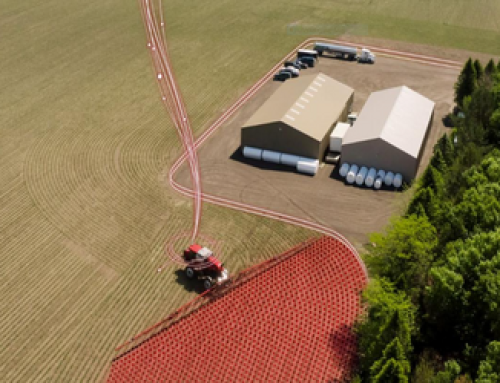by Patrick Thomas, Wall Street Journal
Roundup’s time may be up.
Pharmaceutical and agriculture conglomerate Bayer BAYN -0.31%decrease; red down pointing triangle said it could stop producing the world’s most popular weedkiller, unless it gets court protection against lawsuits blaming the herbicide for causing cancer.
Roundup has generated tens of billions of dollars in sales over time for Bayer and Monsanto, the biotech seed giant and developer of Roundup that Bayer acquired in 2018. Bayer currently produces about 40% of the world’s glyphosate, which farmers spray across fields to tame crop-threatening weeds.
But over the past decade, the herbicide has also brought Bayer a wave of litigation, pressuring its share price and costing about $10 billion in payouts to plaintiffs. In early March, Bayer told farmers, suppliers and retailers that it may stop selling Roundup, which would leave U.S. farmers reliant on imported glyphosate from China.
“We’re pretty much reaching the end of the road,” Bayer Chief Executive Bill Anderson said in an interview. “We’re talking months, not years.”
For many American farmers, agriculture without Roundup is like playing baseball without a glove. More than 90% of soybean, corn and cotton crops planted in the U.S. are genetically modified to withstand glyphosate-based weedkiller, according to the Agriculture Department. American farmers apply almost 300 million pounds of glyphosate, the main ingredient in Roundup, to their fields each year, according to data from the U.S. Geological Survey.
“Farmers use these products and rely on them,” said Stu Swanson, a corn and soybean grower in northern Iowa who plans to spray glyphosate on his fields this spring.
Swanson, who is also president of the Iowa Corn Growers Association, said farmers trust glyphosate’s safety. “It helps us produce in an economic way and for products we raise to be cheaper.”
Claims that glyphosate causes cancer have dogged Bayer since its purchase of Monsanto, which marketed glyphosate under the Roundup brand since the 1970s and later revolutionized farming with seeds genetically engineered to tolerate the weedkiller. About 67,000 cases alleging it caused plaintiffs’ cancer are pending, and the company has so far set aside $16 billion for settlements.
Bayer maintains that Roundup is safe, citing reviews by the Environmental Protection Agency and other regulators.
Dropping Roundup could come with its own costs. Joel Jackson, an analyst at BMO Capital Markets, said the move could reduce the value of seed technology that Bayer licenses to other companies because Bayer has had problems securing regulatory approval for a different herbicide, dicamba, which is effective at killing glyphosate-resistant weeds.
U.S. farmers would likely turn to generic versions made in Asia, Jackson said. Some could shift to other, potentially more harmful herbicides.
Since taking over as Bayer’s CEO in 2023, Anderson has said one of his goals is to get the glyphosate litigation under control by 2026. He said that in some years, Roundup-related litigation expenses eclipse Bayer’s agriculture research-and-development budget.
“We barely break even on glyphosate production and distribution, and if you then factor in litigation, you’re talking $2 billion to $3 billion in losses a year,” Anderson said. Bayer said it brought in $2.8 billion from glyphosate sales last year.
‘Protect Glyphosate’
At a March farm conference in Denver, Bayer set up a towering grocery-store aisle display stocked with fake bread, strawberries, oranges and peanut butter. Sprawling weeds popped out from behind the aisle, with signs saying “Protect Crops” and bags for attendees that read “Keep Food Affordable,” containing information sheets about glyphosate.
A Bayer-backed group that also consists of other companies and farm trade groups has spread similar messages in newspaper advertisements, on Iowa highway billboards and Missouri television commercials. Over the past year, the company has spent millions of dollars lobbying state and federal lawmakers to pass legislation that could protect the company from lawsuits.
In Missouri, Iowa, Georgia, North Dakota and other states, legislatures are discussing Bayer-supported bills that would protect pesticide companies from claims that they failed to warn that their product allegedly causes cancer if their product labels have been approved by the EPA without such designation.
To read the entire article click here.



